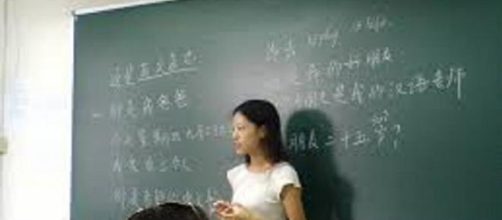A new documentary to be aired by the BBC later in 2015will feature a class of Youngsters from Britain being taught by teachers fromChina, as the belief that the Asian country is tops when it comes to educationis put firmly to the test. The PISA international education league tables haveplaced China as the highest performing nation when measuring their young people’sacademic performance in the core subjects of reading (English), mathematics andscience, so the three-part show on BBC2 will illustrate how fiftythirteen-year-old British kids fair when they are taught for half a term usingChinese methods of imparting education in those subjects.
The relative successor otherwise will be measured by comparison to another (similar) group ofchildren who are taught by other teachers at the school as they would all be duringa normal term.
PISA, the Programme for International Student Assessmenthas a main purpose to compare the levels of education attained across the worldand was formed in 1997. The first PISA study was carried out in 2000 and hasbeen repeated every three years subsequently, with the aim of improvingeducation policies and outcomes. It is based at the Organisation for Economic Co-operationand Development (OECD) Headquarters in Paris, France.
It remains to be seen how using the British childreneffectively as ‘guinea-pigs’ in this latest study works out and how it isreceived both by the kids themselves and also their parents.
Will there be anysquabbles over which children are taught by which teachers for instance, andwill the parents have ultimate say in which teachers their children get? Theremay be some issues over the accents of the teachers that could potentiallycause imitation and ‘mickey-taking’ unless the group is hand-picked from specificdemographic groups, but then that would surely limit the effectiveness of thestudy’s outcomes.
Different cultural backgrounds and basic values between theChinese teachers and their British pupils may also be highlighted through thestudy, as they become known to each other and among the many issues that maycome to light, the means of gaining respect from the kids and how the teachers engagewith the classes may be intriguing.

